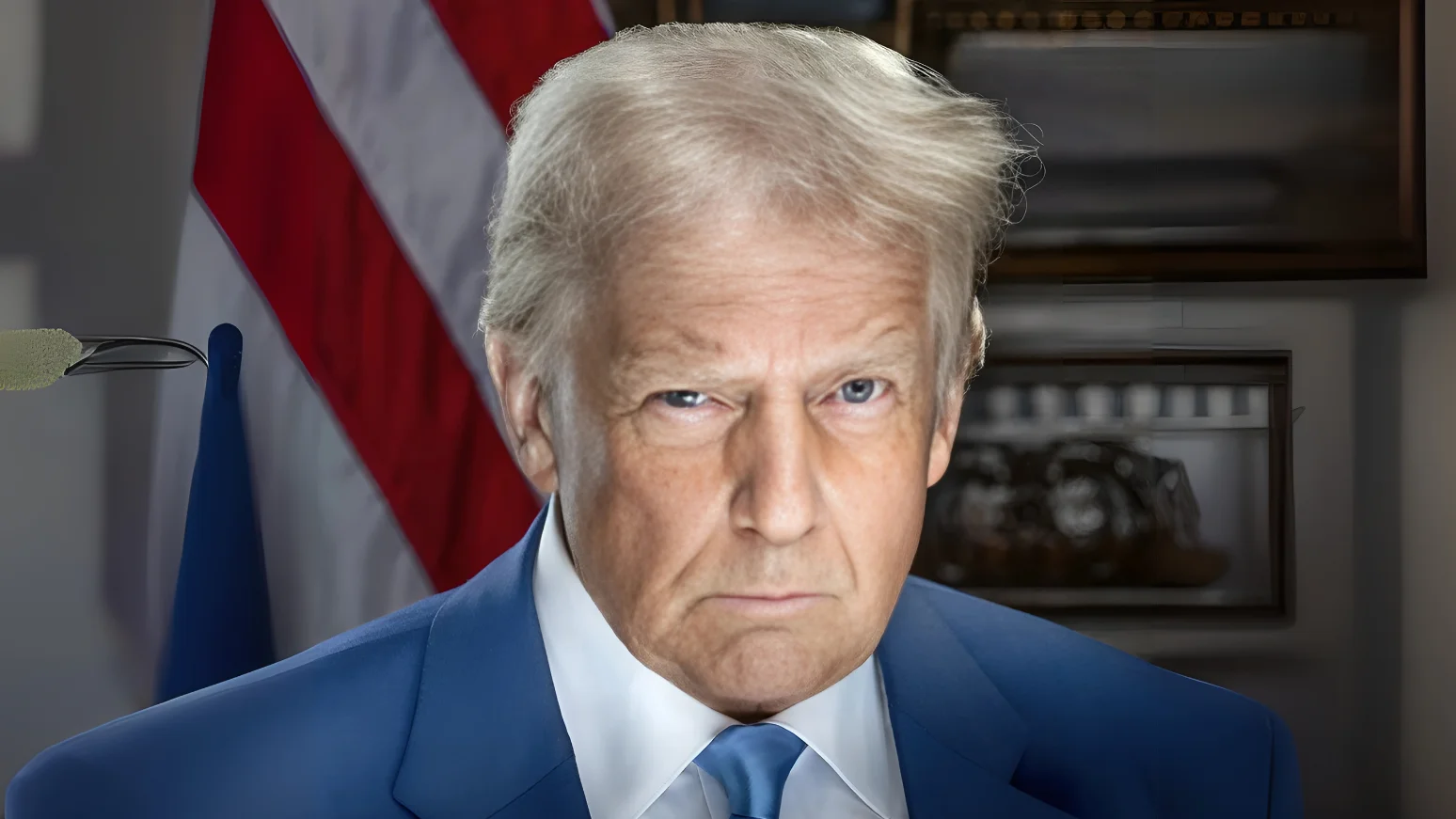The United States and the Kingdom of Cambodia have signed a new agreement aimed at enhancing reciprocal trade between the two countries. The agreement, signed in Kuala Lumpur on October 26, 2025, was endorsed by U.S. President Donald J. Trump and Cambodian Prime Minister Hun Manet.
The agreement sets out a range of commitments to strengthen economic ties and address barriers to trade. Under the deal, Cambodia will apply specified customs duties on U.S.-originating goods as detailed in an annex to the agreement, while the United States will reciprocate with revised tariff rates for Cambodian goods.
Cambodia has agreed not to impose quotas on imports from the United States unless both parties decide otherwise. It also commits to ensuring that import licensing procedures do not restrict U.S. goods and that any non-automatic licensing is transparent and nondiscriminatory.
The agreement includes provisions for market access for U.S. agricultural products, requiring Cambodia’s sanitary and phytosanitary measures to be science-based and not act as disguised restrictions on trade. Cambodia is prohibited from entering into agreements with third countries that would disadvantage U.S. exports through discriminatory standards or measures.
On intellectual property, Cambodia pledges robust protection standards and enforcement mechanisms against infringement or misappropriation, including online violations. The country will also accede to international treaties listed in the agreement's annex.
In services, Cambodia agrees not to introduce new barriers that would treat U.S. service providers less favorably than domestic or third-country suppliers.
Labor protections are addressed with Cambodia committing to prohibit imports produced by forced or compulsory labor, protect internationally recognized labor rights as defined by International Labor Organization instruments, enforce relevant laws, and consult with the United States on related issues.
Environmental protections are included, requiring Cambodia to uphold environmental laws and governance structures.
Customs procedures are set for modernization: within five years of entry into force, Cambodia must implement digital solutions for processing U.S. goods at its borders.
Other sections address digital trade by prohibiting discriminatory digital services taxes against U.S. companies and ensuring free data transfers across borders for business purposes.
Cambodia will cooperate with the United States regarding export controls and sanctions related to national security-sensitive technologies and entities listed by relevant U.S. authorities.
Investment terms allow U.S. investors access in sectors such as critical minerals and energy resources under conditions no less favorable than those offered domestically or to other foreign investors; meanwhile, the United States may support investment financing in key Cambodian sectors through institutions like the Export-Import Bank of the United States (EXIM Bank) and International Development Finance Corporation (DFC), if eligible.
Both countries can terminate the agreement with six months’ written notice after consultations where practicable.
At the signing ceremony, President Donald J. Trump represented the United States while Prime Minister Hun Manet represented Cambodia.





